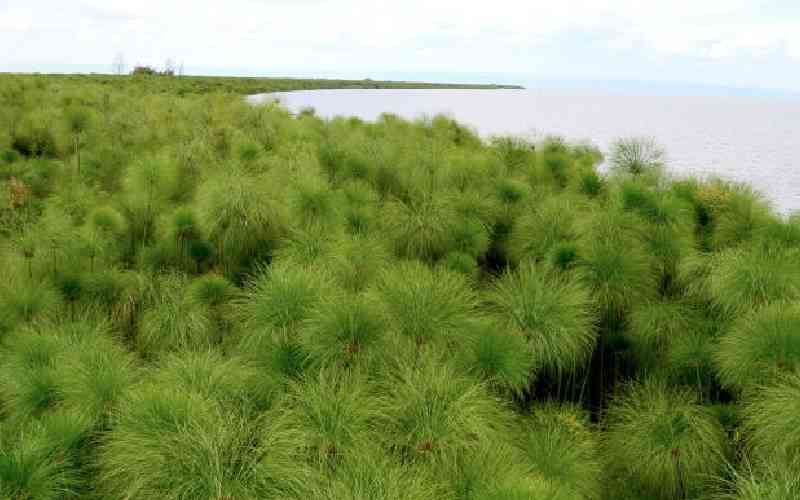×
The Standard e-Paper
Fearless, Trusted News

Lake Victoria's wetland is a place of contrasts, where the serene beauty of the water and the lush greenery surrounding it clash with the harsh reality of a damaged and exploited environment.
The indigenous communities living around the lake have witnessed the destruction firsthand and have much to say about the situation.